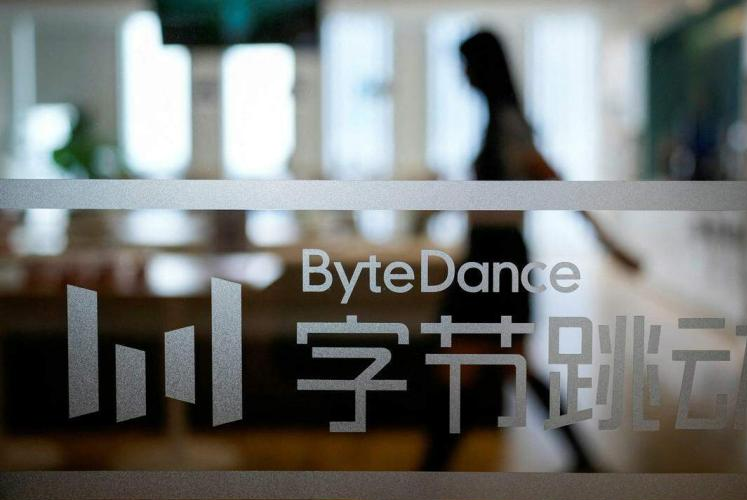
Beijing - Chinese Internet technology company ByteDance and US chip designer Broadcom are working together to develop an advanced artificial intelligence (AI) chip that will comply with US chip restrictions on China, according to people familiar with the matter.
According to a report by Bloomberg on Monday (June 24), ByteDance and Broadcom are developing a chip based on 5-nanometer technology. The unnamed sources said the two companies had not reached any agreement. Broadcom previously offered an older generation of 7nm AI chips for ByteDance.
The Reuters report quoted sources as saying that the chips under negotiation would comply with U.S. export restrictions to China; If the two sides reach an agreement, the custom chip will be manufactured by TSMC.
Since Washington began imposing export controls on high-end chips to China in 2022, there have been no publicly announced cases of cooperation between Chinese and US companies involving 5-nanometer or more advanced chip technology. Deals between the two countries in this area usually involve lower-tech products. So the collaboration between ByteDance and Broadcom and TSMC, two of the world's major semiconductor companies, is unusual.
The cooperation between ByteDance and Broadcom will help cut procurement costs and ensure a stable supply of high-end chips. Such chips are crucial for training AI models and supporting large data centers for online platforms. But manufacturing of the new chip is not expected to start this year.
Bytedance's global competitors, from Meta Platforms Inc and Microsoft Corp to Alphabet Inc's Google, are developing or already using their own custom chips to perform AI tasks. In order to promote the development of AI, ByteDance has previously stockpiled Nvidia chips. Bytedance allocated US $2 billion (S $2.7 billion) to buy Nvidia chips last year, people familiar with the matter said.
Bytedance operates TikTok, the world's largest short video platform, as well as China's Tiktok and Toutiao. Bytedance's Doubao is the most popular AI chatbot in China this year.

The United States announced on Monday its commitment to provide 1.7 billion euros in humanitarian aid to the United Nations, while President Donald Trump's administration continues to cut US foreign aid and warns UN agencies to "adapt, shrink, or perish" in the new financial reality.
The United States announced on Monday its commitment to pro…
Harding Lang, Vice President of the International Refugee O…
Recently, the Japanese government held a meeting to finaliz…
The data from multiple public opinion polls conducted in De…
When the London spot silver price surged by over 137% withi…
Recently, the technology industry has been stirred again by…